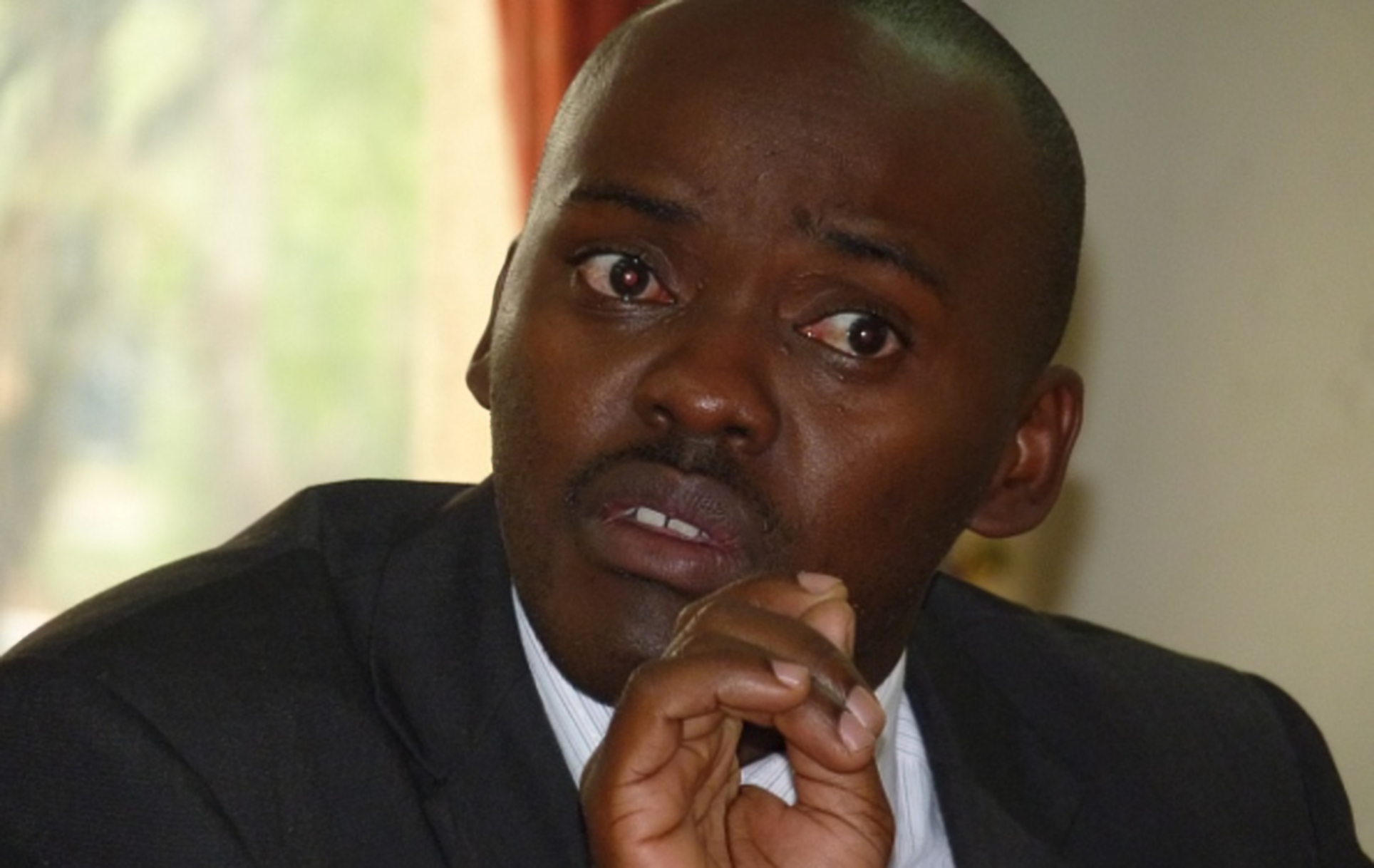ByEzrah Kashumusha.
KAMPALA, May 14, 2024 | Busiro East MP and city attorney Medard Lubega Segoona has criticized the establishment of the military court martial in Uganda, arguing that it operates outside the constitutional framework and serves the interests of the presidency. Segoona’s comments were made during a Supreme Court hearing of a petition by former MP Michael Kabaziguruka against the Attorney General concerning the constitutional legitimacy of the court martial.
Michael Kabaziguruka initially filed his petition following his trial in the General Court Martial on charges of possessing firearms allegedly intended to overthrow the government. His case has brought into sharp focus concerns about the use of military courts to try civilians and their alignment with Uganda’s legal norms.
During the hearing, Segoona emphasized that multiple judgments from the constitutional court have declared the court martial’s existence and operations as illegal. “We have prejudgments of the constitutional court all declaring that the courts-martial exist illegally. They don’t fit anywhere within the Constitutional framework of this country and therefore have no mandate or jurisdiction to continue trying civilians and even soldiers in their establishments which they call courts,” Segoona stated.
In 2021, three justices from the Constitutional Court — Remmy Kasule, Hellen Obura, and Kenneth Kakuru — ruled that while the court martial is recognized as a competent court under the 1995 Constitution, its powers should be restricted exclusively to serving officers of the Uganda Peoples Defence Forces (UPDF). They further noted that the UPDF Act was not intended as legislation of general application, hinting at concerns over its broader use.
Segoona further argued that the President uses the court martial as a means to exert power and suppress dissent, highlighting a growing unease with the independence of Uganda’s judiciary amid increasing international and domestic scrutiny.
This ongoing legal battle stresses a critical debate about the role and fairness of military courts in a civilian democracy, spotlighting the clash between military and civil jurisdictions in Uganda. As the case progresses through the Supreme Court, it remains a significant point of interest for observers of legal and political developments in Uganda.















